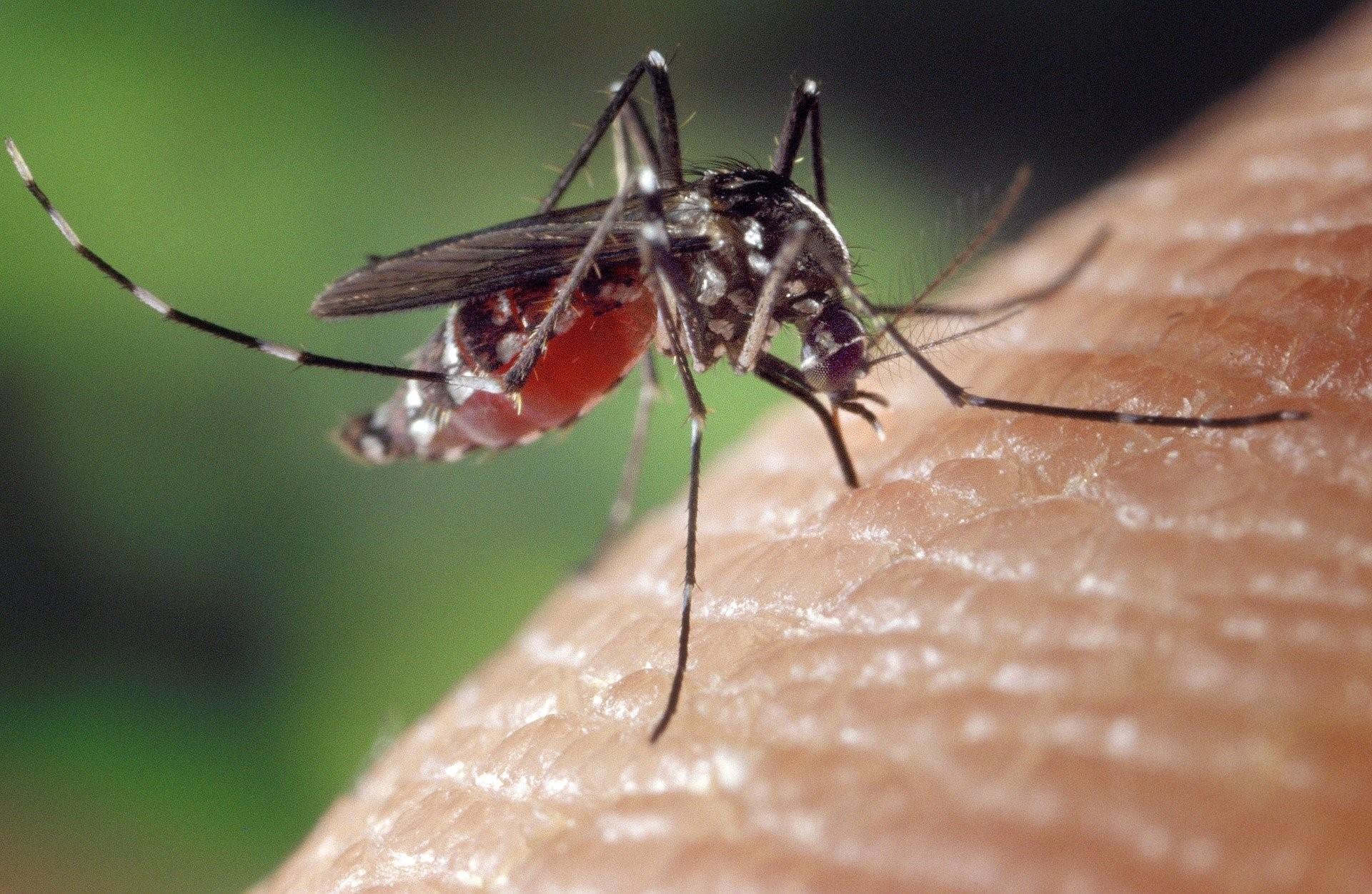Control of choline oxidation in rat kidney mitochondria
Choline is a quaternary amino cationic organic alcohol that is oxidized to betaine in liver and kidney mitochondria. Betaine acts as an intracellular organic osmolyte in the medulla of the kidney. Evidence is provided that kidney mitochondria have a choline transporter in their inner membrane. The transporter has a Km of 173 ± 64 μM and a Vmax of 0.4 ± 0.1 nmol/min/mg mitochondrial protein (at 10 °C). Uptake of choline is not coupled to betaine efflux. Transporter activity demonstrates a dependence on membrane potential and choline transport is inhibited by hemicholinium-3. Steady-state oxygen consumption due to choline oxidation in kidney mitochondria was measurable at 37 °C (125 ± 6 pmolO2/min/mg mitochondrial protein), in the absence of other mitochondrial electron transport chain substrates and the choline transporter was shown to be the major site of control (96 ± 4%) over choline oxidation flux in isolated kidney mitochondria. We conclude that the choline transporter in rat kidney mitochondria is the major site of control over the production of the organic osmolyte, betaine.
